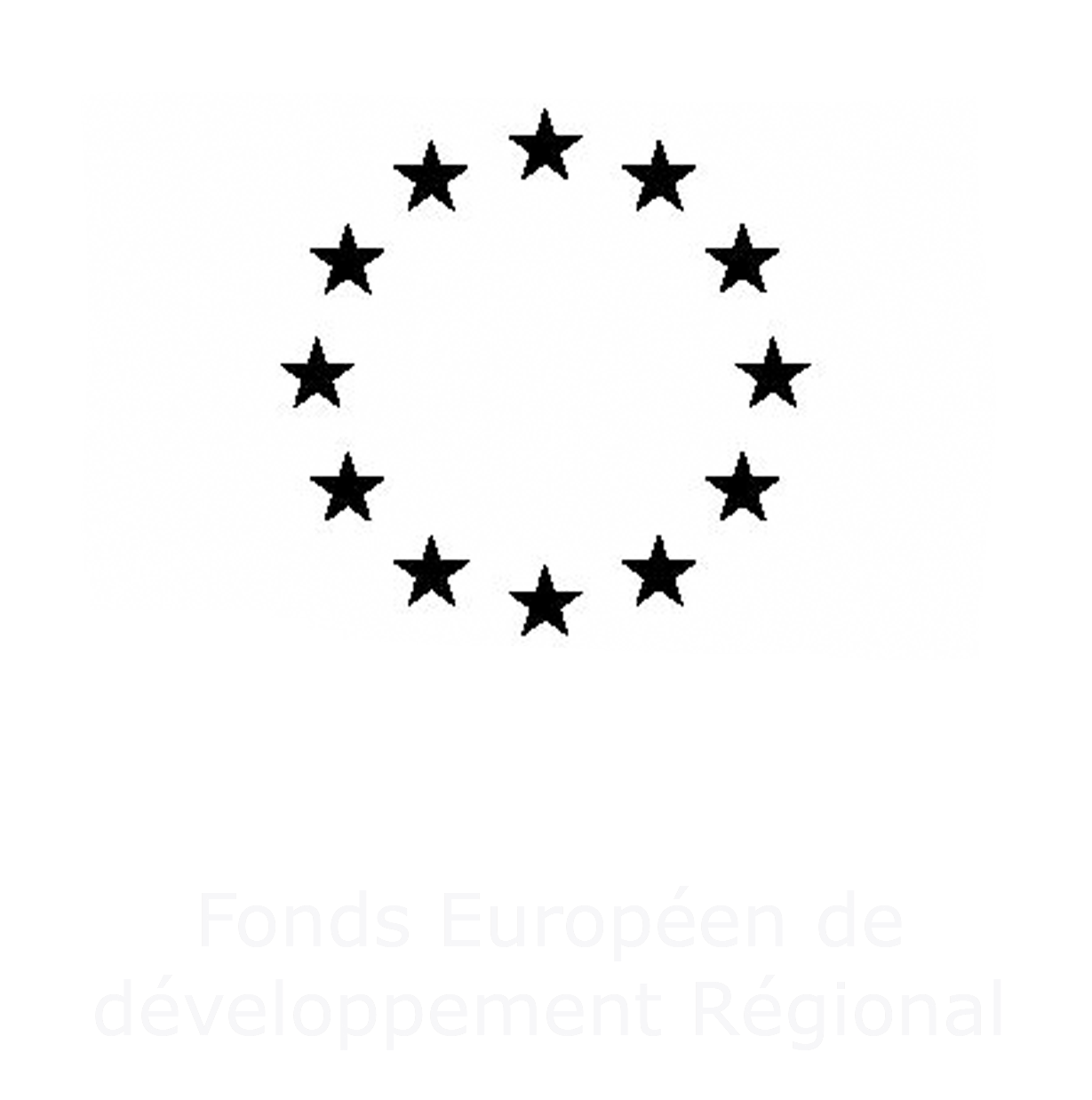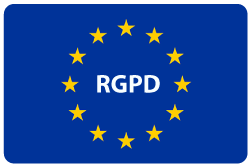Master’s 2 – Physical and Chemical Properties of High-Performance Materials (PCMHP)
Training
Initial course and ongoing training throughout life
Level
five years of post-secondary education
Method
Classroom-based
Duration
2 semesters.
Course venue
Centre Européen de la Céramique, 12 rue Atlantis, 87068 LIMOGES cedex
Contact details
Course supervisor
Olivier MASSON
(0033) 587 50 23 76 olivier.masson@unilim.fr
Objectives
This Master’s prepares students for careers in management and engineering design and research in the various fields of “science of ceramic materials”. It offers an original and unique training in France dealing with both innovative ceramic materials in the fields of energy, health and new technologies and their manufacturing processes.
Skills
This Master’s offers a high-level training in the “science of ceramic materials”. It transversely covers the physical and chemical aspects of functional ceramic materials (bulk or layered), their development processes, shaping and controls. It relies heavily on teaching geared towards new methods and processes of synthesis, the study of the structure, microstructure and properties of innovative ceramic materials in the fields of energy, transport, information and telecommunications technology (optics, microelectronics …), health and the environment. The student acquires a background in both theory and practice, in particular taking advantage of the strong interaction of faculty with the industry sector.
This training is based on the recognised scientific expertise of research laboratories (Energy, Health and New Technologies) backed by the European Ceramics Centre cluster (PEC), one of two competitive clusters in the Limousin region. It thus provides graduate students with the possibility of preparing a paid doctoral thesis at the University of Limoges or in other French or foreign universities in the field of the science of ceramic materials. It also trains managers able to meet the demands of industry (Research and Development sector) and public or private laboratories in the field of synthesis, properties and functionalisation of advanced ceramic materials.
At the end of the course, each student has a descriptive appendix entitled “Supplement to Degree” which provides a precise description of the university curriculum followed and the skills acquired during the period of study as well as a fair evaluation of progress made and skills acquired.
Number of ECTS credits: 120
Registration fee
Approximately 480 euros (including social security).
Campus France
The University of Limoges belongs to the agency Campus France and the facility CEF (Centre pour les Études en France). International students who live abroad (outside the EU, excluding BGE/BGF [holders of scholarships awarded by the French government and foreign countries, respectively]), wishing to pursue their studies in Limoges, must file their applications with the agency Campus France. A Centre pour les Études en France exists in the following countries: Algeria, Argentina, Benin, Brazil, Burkina Faso, Cameroon, Chile, China, Colombia, Comores, Gabon, Guinea, India, Indonesia, Ivory Coast, Japan, Lebanon, Madagascar, Mali, Mauritius, Mexico, Morocco, Peru, Republic of Congo, Russia, Senegal, South Korea, Syria (suspended), Taiwan, Tunisia, United States, Vietnam. The procedure is dematerialised: for more information, please click on the link below.
Organisation of the curriculum
Courses, tutorials, practical work, a research project in a laboratory and a work placement at a company.
——————————————————————————————————————————-
Semester 3 Mandatory list
TU1: Ceramics for energy, ICT and health credits: 9
Ceramics for energy
Ceramics for information and telecommunications technologies
Ceramics for health
TU2: Basic teaching credits: 9
Elective list (minimum: 8, maximum: 8)
Plasmas for surface coating processes
Plasma-surface interaction
Diagnostics of plasma processes
Crystal chemistry
Real solid
Surface, interface
Amorphous materials
Radioactivity and uranium chemistry
Sintering
Synthesis
Reactivity
TU3: Techniques of characterisation credits: 3
Elective list (minimum: 3, maximum: 3)
X-ray diffraction
Transmission electron microscopy
IR and Raman vibrational spectroscopy
Nuclear Magnetic Resonance
Auger XPS spectroscopy
TU4: Simulation of materials
TU5: Preparation for Professional Life
TU6: English
——————————————————————————————————————————-
Semester 4 Mandatory list
TU8: Project management
TU9: Professional project in a laboratory or at a company
TU7: Introductory teaching unit – PRES topics
Further studies
The graduate will have the opportunity to prepare a doctoral thesis in French or foreign research laboratories specialising in the field of materials.
Professional integration
Career opportunities : Management, design engineering, industrial research and development engineering, research into public organisations, higher education.
Industries : automotive, aeronautical and space, defence, optics, energy, electronics, micro and nanotechnology, telecommunications, biomaterials, metallurgy, coatings and surface treatment industries – audit, consulting and accounting firms.


